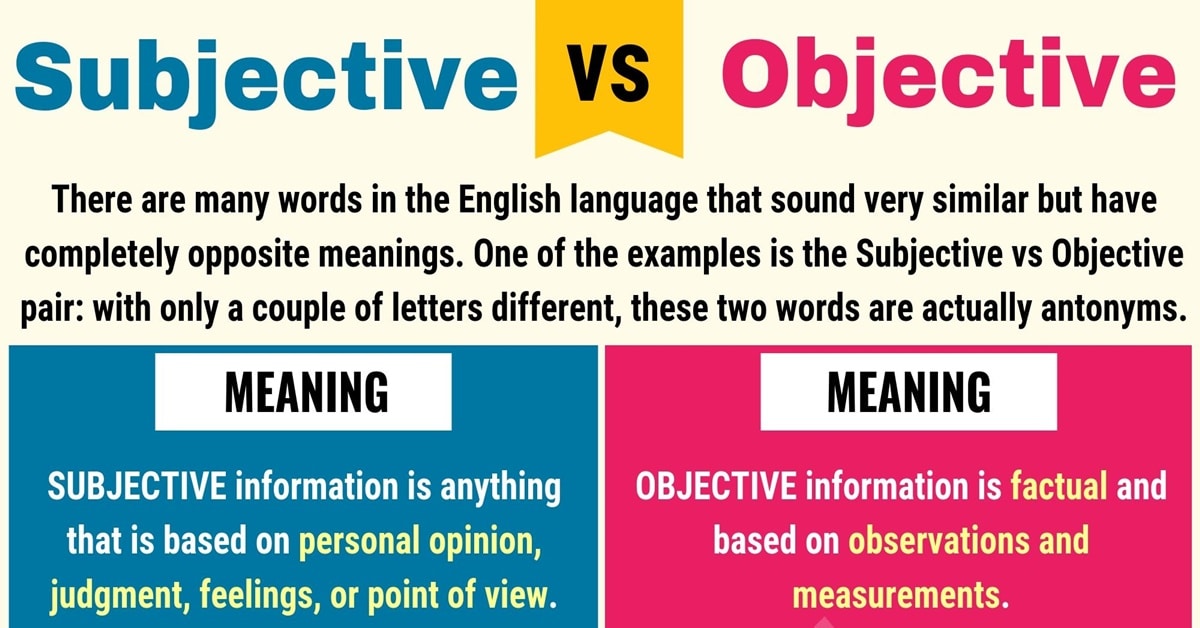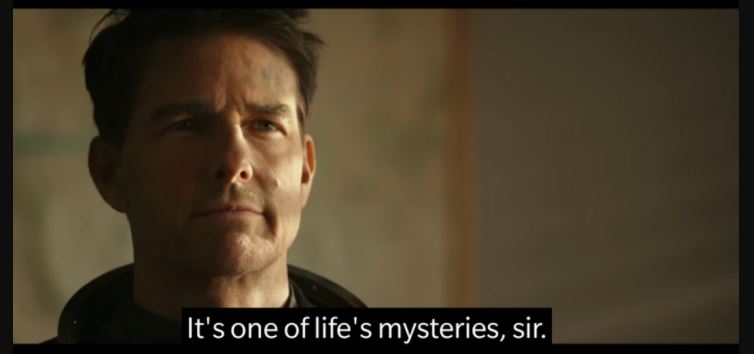My arrival time at surgery this morning was 7:15. I am now back sitting at my desk. I feel a bit more groggy this morning than last time. Maybe that’s the time of day. Eileen has gone back to bed. My left eye is blurry at this point but if it follows the pattern of the other eye cataract surgery it should be beginning to focus today. The right eye is great! I’m going back for the follow up appoint tomorrow morning. These morning appointments are killing Eileen since she’s the driver.
Speaking of old man body stuff, my chronic rash has gradually been reasserting itself this year. I feel like a leper since it’s over most of my body again and is not exactly attractive. Wrinkles I accept, rash not so much. I received a text yesterday from my dermatologist saying that he could not make our March appointment and to please call the office. I did so and set up another exam even later in March 2022, but now I am also on the wait list for cancelations. Unfortunately I do not expect that he can do much for me since we have already had a round robin of tests and examinations which turn up nothing.
Apparently a mystery rash that can’t be diagnosed or treated is not that unusual, but boy is it a pain. Or “boy is it an itch” might be a better way to say that.

I’m still thinking about objectivity and subjectivity and reading Lewis Raven Wallace’s The View from Somewhere: Undoing the Myth of Journalistic Objectivity.
I’ve read the first four chapters. Although I find Wallace charming, the book itself feels a little clunky so far. He doesn’t footnote and relies heavily on other sources like David Minich’s 1998 Just the Facts: How Objectivity Came to Define American Journalism and Michael Schudson’s 1978 Discovering the News: A Social History of America’s Newspapers. I am planning to do further reading and might look at these.
But my problem with the book is that is oscillates between Wallace’s personal journey and people that he has interviewed on the one hand. On the other we sort of look over his shoulder as he discovers the history of journalism in the U.S.
So far he hasn’t elucidated the idea of what it means to be objective and subjective in a manner that I might transfer to other areas of life.
Wallace’s Podcast, “The View from Somewhere,” seems to have dried up after September 2020. Quite possibly for lack of funding. I can’t find much on the internet. Wallace is still tweeting sporadically. I do hope he picks up the threads again and keeps going on his podcast which I enjoyed.
I looked up “subjective” and “objective” in the OED this morning. First use of the definition of “subjective” I am interested in is 1767. This is meaning 4a the definition of which includes the phrase, “not impartial or literal.”
“Objective” in the opposing sense first use cited in 1838. This later definition includes the phrase, “not influenced by personal feelings or opinions in considering and representing fact.”
I know I’m just getting started in my understanding and application of these concepts. Admittedly journalistic objectivity and subjectivity is only one aspect of this consideration. It’s probably not even my main interest. I’m more interested in how judges and even politicians consider themselves objective when they seem so obviously to be pursuing subjective patterns.
I am beginning to see how an educated person who is capable of clear thinking and reasoning can still fall prey to subjective understandings even as they still manage to be able to think clearly and expertly about most of their subject. Chief Justice John Roberts may be like this. Maybe one can think of subjectivity as connected to real life experiences. Justice Sotomayor’s life experience looks to be very different from Justice Roberts. Both of them are obviously brilliant and capable of clear thinking. But Roberts is on record in his opinion on Shelby County V. Holder that things have changed so much that the old Voting Rights Act of 1965 provision of preclearance for changes in voting procedures were no longer needed.
This prompted Ginsburg’s famous quote in her dissent that ” t]hrowing out preclearance when it has worked and is continuing to work to stop discriminatory changes is like throwing away your umbrella in a rainstorm because you are not getting wet.” Both Ginsburg and Sotomayor’s subjective life experiences have exposed them to situations and enabled them to learn lessons that Roberts has not. My first reaction when this went down was that Roberts was living in a white person’s bubble. I would love to know what he thinks now that a deluge of changes in voting procedures quickly were adapted by southern States. Not to mention the many voting registration and procedural changes that have been made since 2020 in so many states.
Anyway, maybe you can see what I’m working on here. I’ll probably write more if my thinking and questioning gets any clearer.


